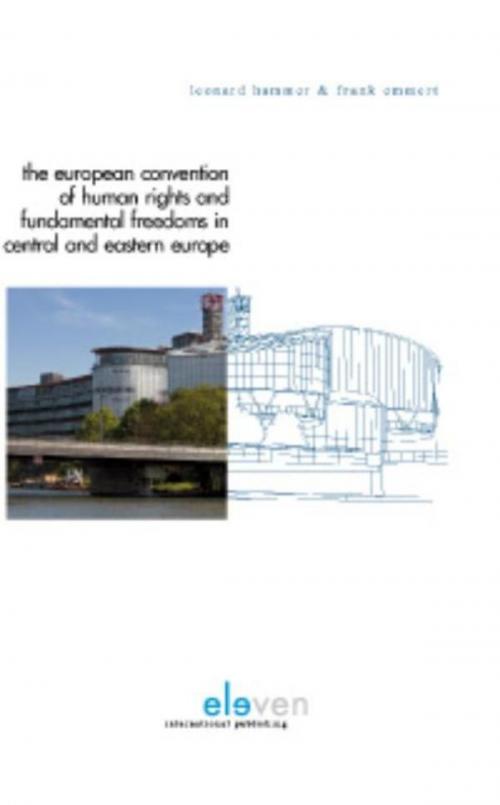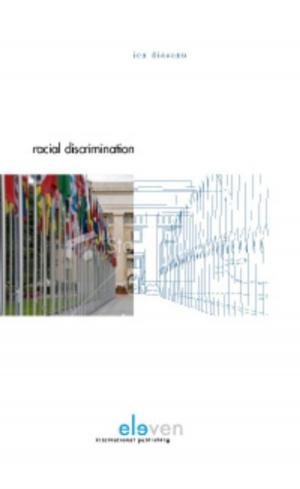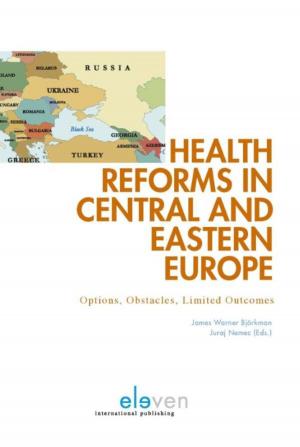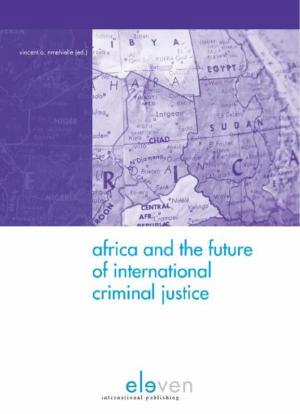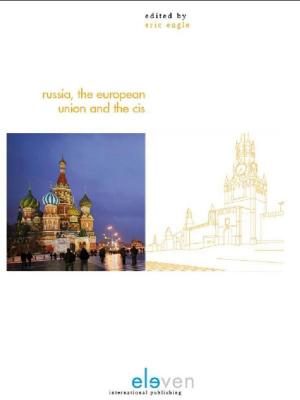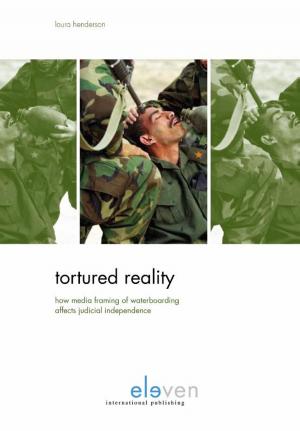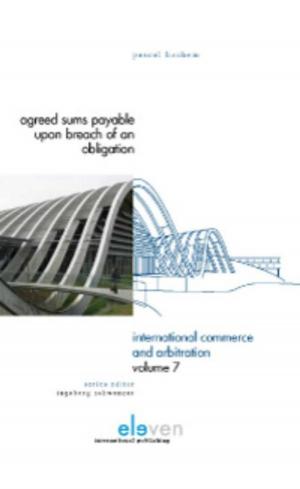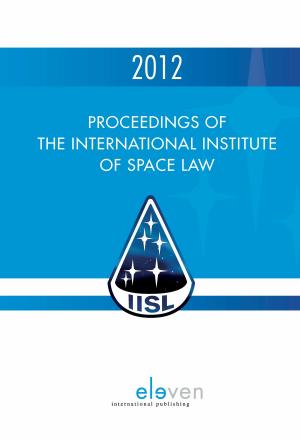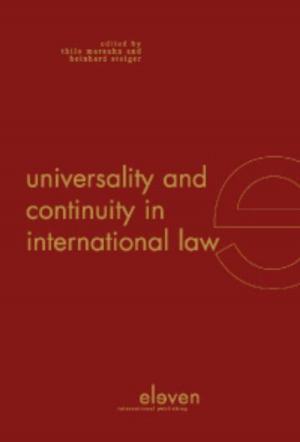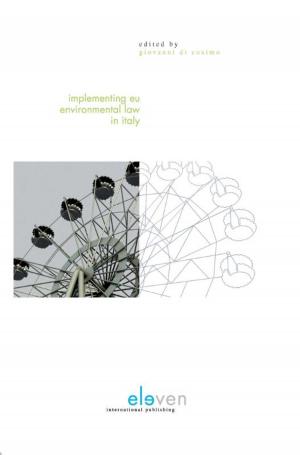The European convention of human rights and fundamental freedoms in central and eastern Europe
Nonfiction, Reference & Language, Education & Teaching| Author: | Leonard Hammer, Frank Emmert | ISBN: | 9789460945427 |
| Publisher: | Boom uitgevers Den Haag | Publication: | April 27, 2012 |
| Imprint: | Eleven international publishing | Language: | English |
| Author: | Leonard Hammer, Frank Emmert |
| ISBN: | 9789460945427 |
| Publisher: | Boom uitgevers Den Haag |
| Publication: | April 27, 2012 |
| Imprint: | Eleven international publishing |
| Language: | English |
Much has been written about the European Convention on Human Rights (ECHR) and the case-law of the Court of Human Rights from a variety of perspectives; yet there seems to be a gap in the literature when it comes to the impact of the Convention in different countries and the question why this impact may differ from one country to another. This book fills this gap with regard to the new member countries of the Council of Europe (CoE) in Central and Eastern Europe by way of a comprehensive analysis that provides truly comparable information from all or nearly all countries in the region and suggests some conclusions that may be drawn. Country reports are included from all ten CEECs that have already joined the EU, as well as most or even all of the other countries in the region that have joined the Council of Europe and have ratified the ECHR after the end of communist party dictatorship. A couple of reports regarding countries that have also emerged from communism but are not eligible for membership in the Council of Europe are also included for comparative purposes. This book is aimed at academics and practitioners interested in human rights generally and more specifically in the European Convention on Human Rights. About the editors: Leonard Hammer lectures in the fields of public international law and international human rights and has published extensively in these areas. He has received a number of fellowships and grants to conduct research on international law, freedom of religion and conscience, migrant workers, and holy places. He also serves as an International Scholar for the Open Society Institute, operating principally at Baku State University in Azerbaijan. Frank Emmert is a tenured professor and director of the Center for International and Comparative Law at Indiana University School of Law, Indianapolis. He has twenty years of experience in Central and Eastern Europe, the Caucasus Region, Central Asia, and the Middle East, working for and with various universities, the EU Commission, the Council of Europe, USAID, the Soros Foundation, and other partners, for the development of rule of law, democracy, and human rights.
Much has been written about the European Convention on Human Rights (ECHR) and the case-law of the Court of Human Rights from a variety of perspectives; yet there seems to be a gap in the literature when it comes to the impact of the Convention in different countries and the question why this impact may differ from one country to another. This book fills this gap with regard to the new member countries of the Council of Europe (CoE) in Central and Eastern Europe by way of a comprehensive analysis that provides truly comparable information from all or nearly all countries in the region and suggests some conclusions that may be drawn. Country reports are included from all ten CEECs that have already joined the EU, as well as most or even all of the other countries in the region that have joined the Council of Europe and have ratified the ECHR after the end of communist party dictatorship. A couple of reports regarding countries that have also emerged from communism but are not eligible for membership in the Council of Europe are also included for comparative purposes. This book is aimed at academics and practitioners interested in human rights generally and more specifically in the European Convention on Human Rights. About the editors: Leonard Hammer lectures in the fields of public international law and international human rights and has published extensively in these areas. He has received a number of fellowships and grants to conduct research on international law, freedom of religion and conscience, migrant workers, and holy places. He also serves as an International Scholar for the Open Society Institute, operating principally at Baku State University in Azerbaijan. Frank Emmert is a tenured professor and director of the Center for International and Comparative Law at Indiana University School of Law, Indianapolis. He has twenty years of experience in Central and Eastern Europe, the Caucasus Region, Central Asia, and the Middle East, working for and with various universities, the EU Commission, the Council of Europe, USAID, the Soros Foundation, and other partners, for the development of rule of law, democracy, and human rights.
